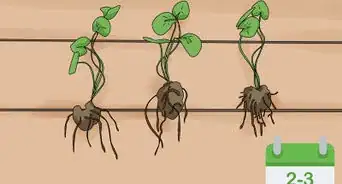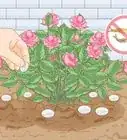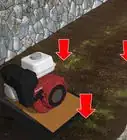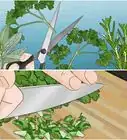This article was co-authored by Garrison Hullinger. Garrison Hullinger is an Interior Designer and the President of Garrison Hullinger Interior Design (GHID). With more than 15 years of experience, he specializes in client-centered design that balances beauty and warmth with comfort and functionality. Garrison and GHID’s work has been featured in numerous publications such as The New York Times, The Wall Street Journal, and Interior Design Magazine. Garrison attended Oklahoma Christian University.
wikiHow marks an article as reader-approved once it receives enough positive feedback. In this case, several readers have written to tell us that this article was helpful to them, earning it our reader-approved status.
This article has been viewed 258,763 times.
Hanging baskets are a much loved method for featuring favorite plants hanging in well-selected places at home, either indoors or outside. This article provides a brief rundown on preparing a hanging basket before planting.
Steps
-
1Select a basket. There are a variety of baskets available on the market. Consider what will fit with your decor and what theme works well with your garden and plant choices. Also select the size that best suits the type of plant that you will be planting, including consideration for its likely future growth. Hanging baskets are typically available in such materials as:[1]
- Stout galvanized wire
- Solid plastic
- Ceramic pot in a macrame or other knotted hanger
- Ceramic pot attached with wire
- Plastic mesh or basketry
-
2Line the basket. Lining a basket helps to keep the soil in place and reduces the need for watering; it also neatens the appearance of the basket. The best lining for a hanging basket is sphagnum moss. This works especially well with hanging baskets that are wire based. Another lining that can be substituted for sphagnum moss is polythene; be sure to punch some holes in the base of this lining to allow the water to seep through and ensure good drainage.[2] For the most successful water retention and reduced need to water in large baskets, combine sphagnum moss and polythene linings (polythene over the sphagnum moss, with small holes poked in the polythene).Advertisement
-
3Choose good soil. A good quality potting mix or compost should be used for hanging baskets. Add a slow-release fertilizer and mix well before filling the basket.[3]
-
4Select strong plants that are appropriate for growing in a basket. The best plants to use in a new hanging basket are well-established plants that are either flowering or are close to flowering. Arrange large plants first and tuck in smaller plants around these, including trailing plants at the edge.[4] There is a huge variety of plants that work well in hanging baskets; some plants that are ideal for hanging baskets include:
- Lobelia
- Gypsophila (baby's breath)
- Nasturtiums
- Geraniums (long-flowering)
- Hoya
- Verbena
- Fuschias
- Begonias
- Pansies
- Polyanthus
-
5Hang well. Once the basket is filled with soil and plants, it is heavy. Be sure to have a sturdy surface to stand on for hanging (such as a stepladder correctly placed so that it won't wobble). Make sure that the hooks used to hang the baskets are very strong; the basket will become even heavier after each watering.[5]
- Hanging baskets can be hung from hooks that you have drilled into place or by using extension rods that extend from the ceiling or across one space to another space without needing to be drilled. Check the weight restrictions and load capacity on the packaging of hooks or extension rods before deciding to use them for your hanging basket.
-
6Place in good positions. Where you place your hanging baskets will depend in large part on the reasons behind why you want them. Perhaps you want to disguise something that isn't so pretty, perhaps you want to brighten up an area or perhaps you simply want a brilliant display of flowers that you love. Be guided by the reasons that drive you. Also be considerate of the plants' needs; few plants can withstand full sunshine or full shade when they are planted in a hanging basket.
-
7Keep watered. Depending on the temperature and the plant type, hanging baskets may need to be watered daily. Get a good quality watering can or a plastic container with a nozzle that reaches high; you can squeeze the water up from the container through the nozzle and into the plant to save you having to reach to high places.
Community Q&A
-
QuestionI mix my own soils according to each plant. What would be best for hanging baskets? Compost/peatmoss? Any perlite?
 Community AnswerYou are on the right path. I use Nature's Care brand potting mix for flowers and gardening!
Community AnswerYou are on the right path. I use Nature's Care brand potting mix for flowers and gardening! -
QuestionI wold like to know which plants in a hanging basket do well in a hot, dry climate.
 Community AnswerAlmost any sun loving plants will do well in such conditions.
Community AnswerAlmost any sun loving plants will do well in such conditions. -
QuestionCan I glue my hanging basket brackets rather than screwing them in?
 Community AnswerIt is not recommended, as the baskets can get to be quite heavy. If they are not screwed in, they may fall over.
Community AnswerIt is not recommended, as the baskets can get to be quite heavy. If they are not screwed in, they may fall over.
Things You'll Need
- Hanging basket(s)
- Sphagnum lining/polythene
- Soil/compost
- Slow-release fertilizer
- Watering can or watering container with long nozzle
References
- ↑ https://www.diy.com/ideas-advice/how-to-plant-a-hanging-basket/CC_npcart_400164.art
- ↑ https://www.finegardening.com/article/how-to-build-a-hanging-basket
- ↑ https://www.bhg.com/gardening/container/basics/how-to-make-a-perfect-hanging-basket/
- ↑ https://www.bhg.com/gardening/container/basics/how-to-make-a-perfect-hanging-basket/
- ↑ https://www.diy.com/ideas-advice/how-to-plant-a-hanging-basket/CC_npcart_400164.art
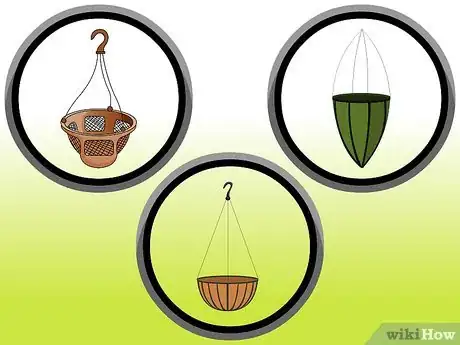

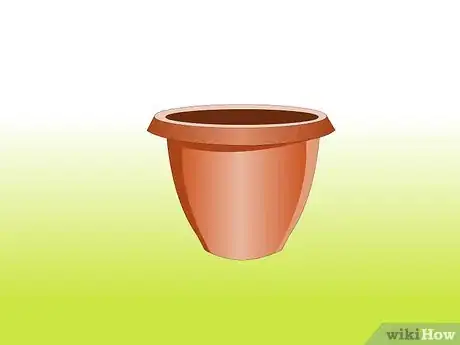
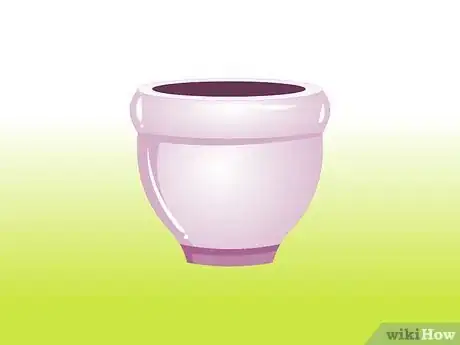
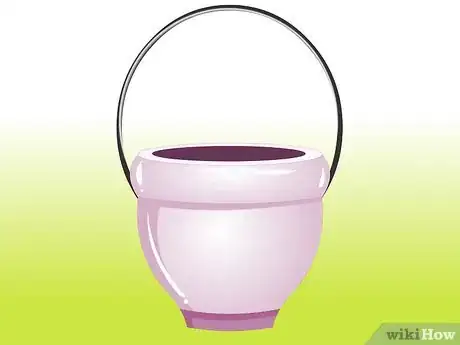
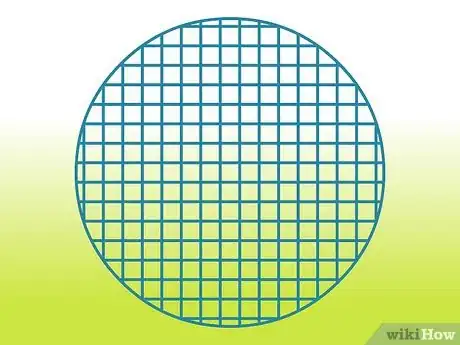
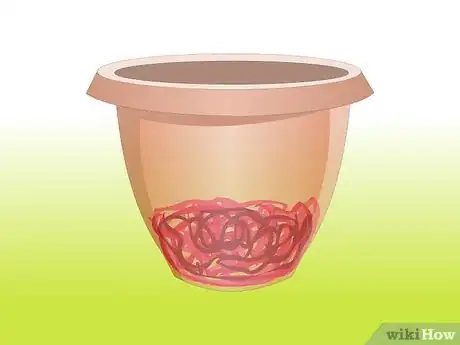
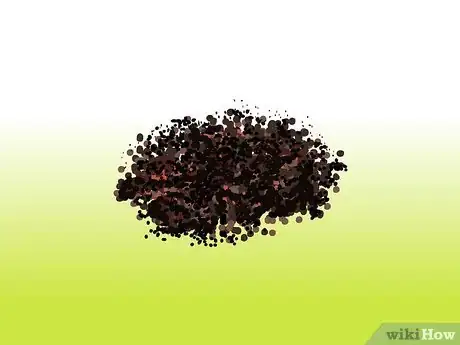
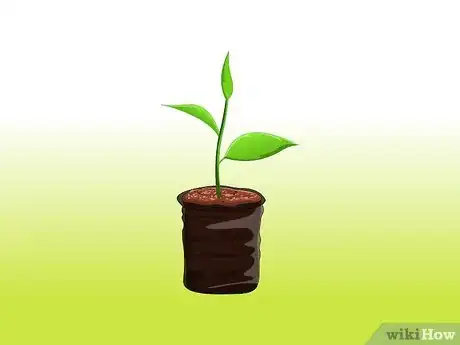


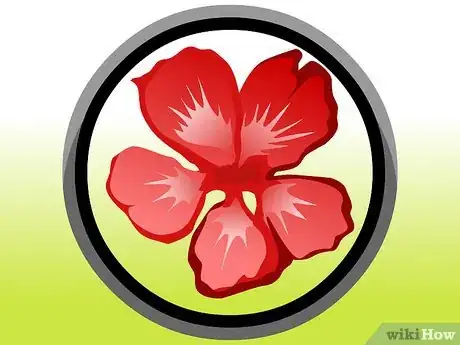

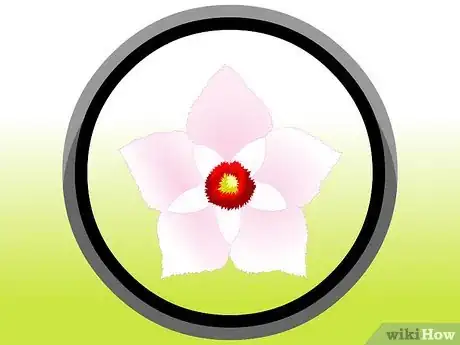


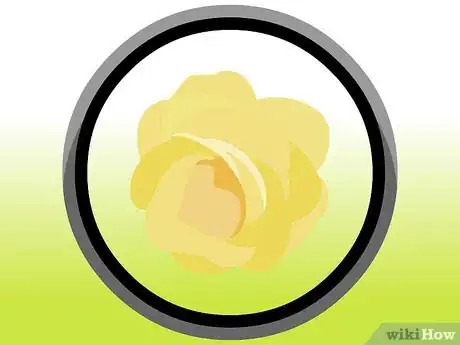

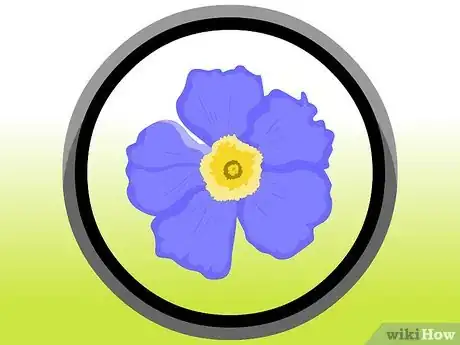
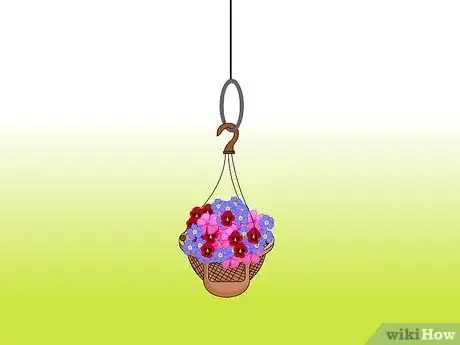
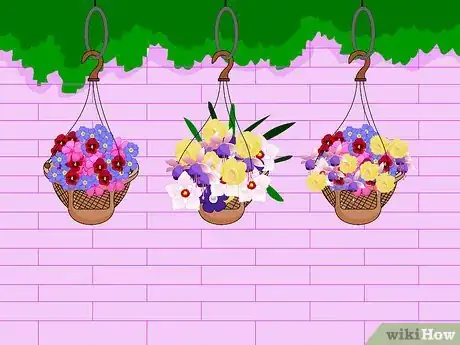
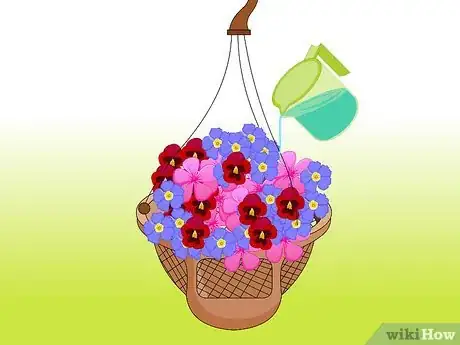
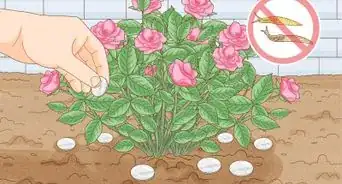
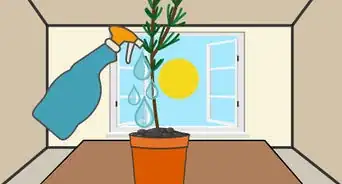
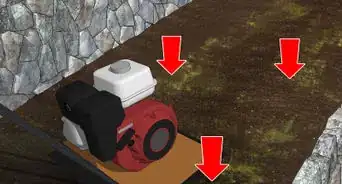
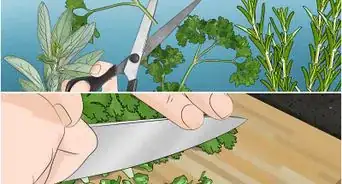
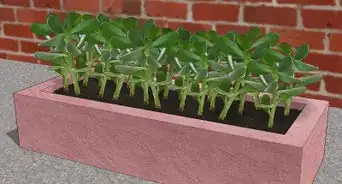
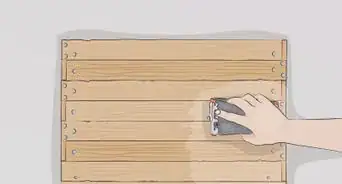
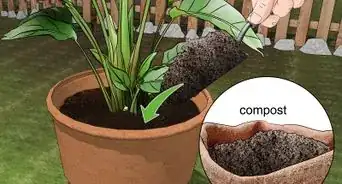
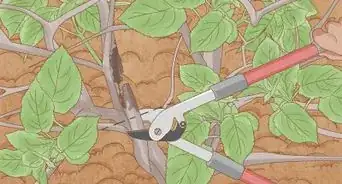

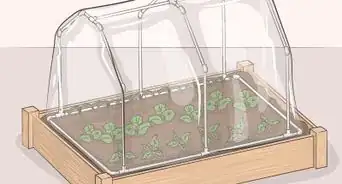
-Oven-Step-15.webp)
